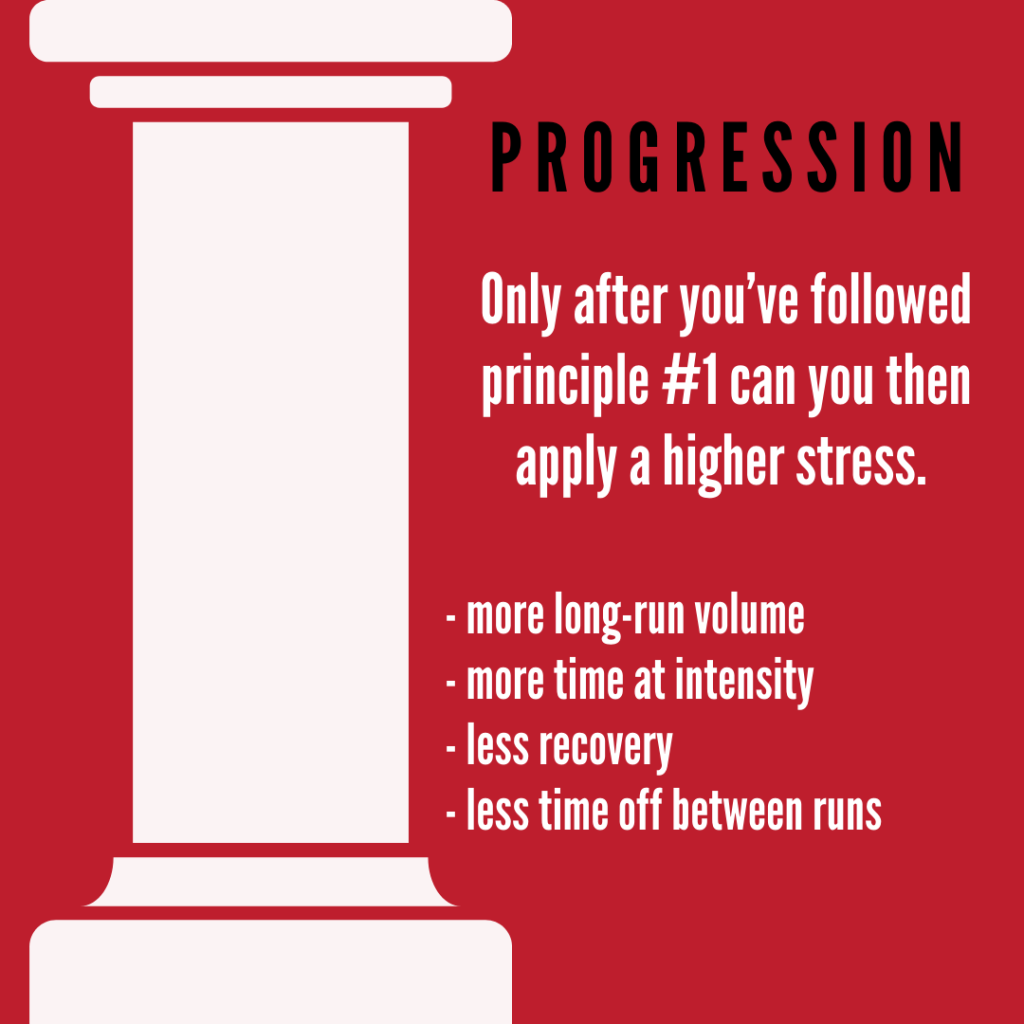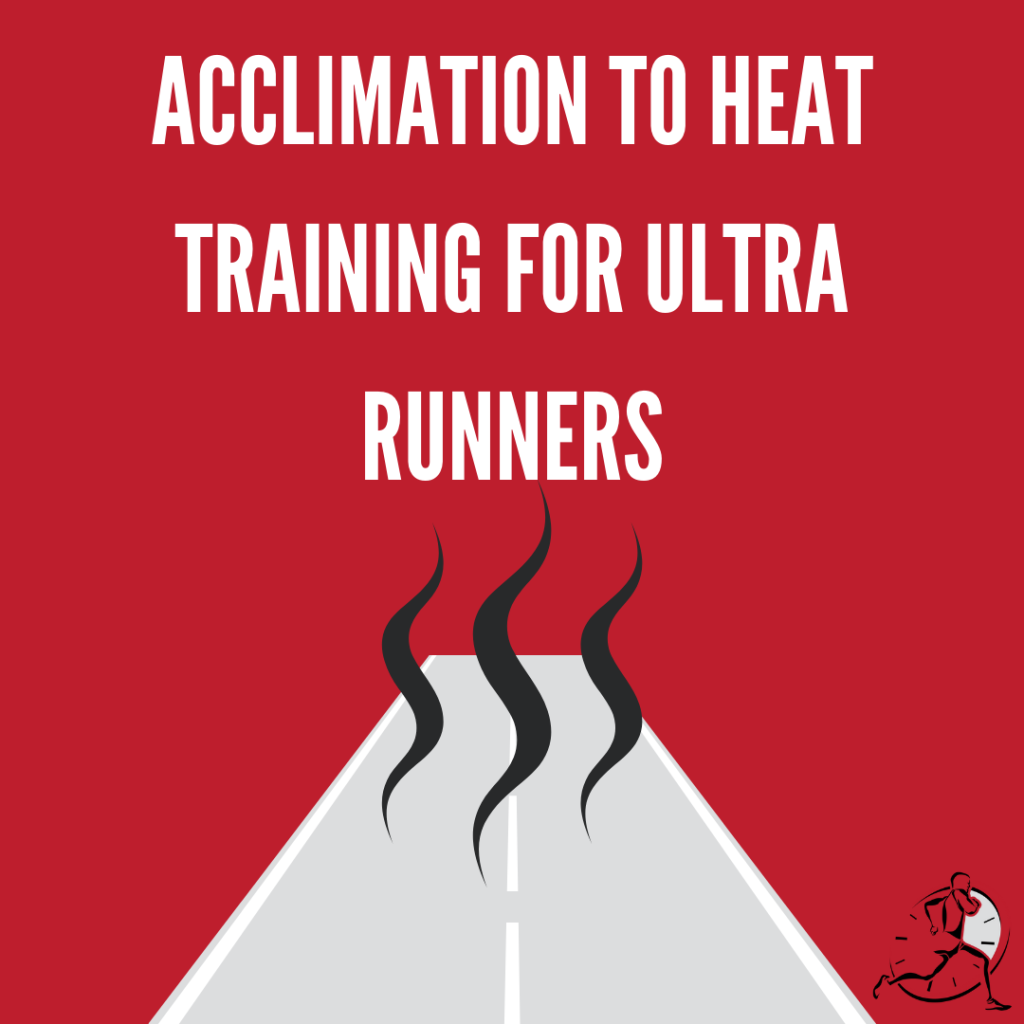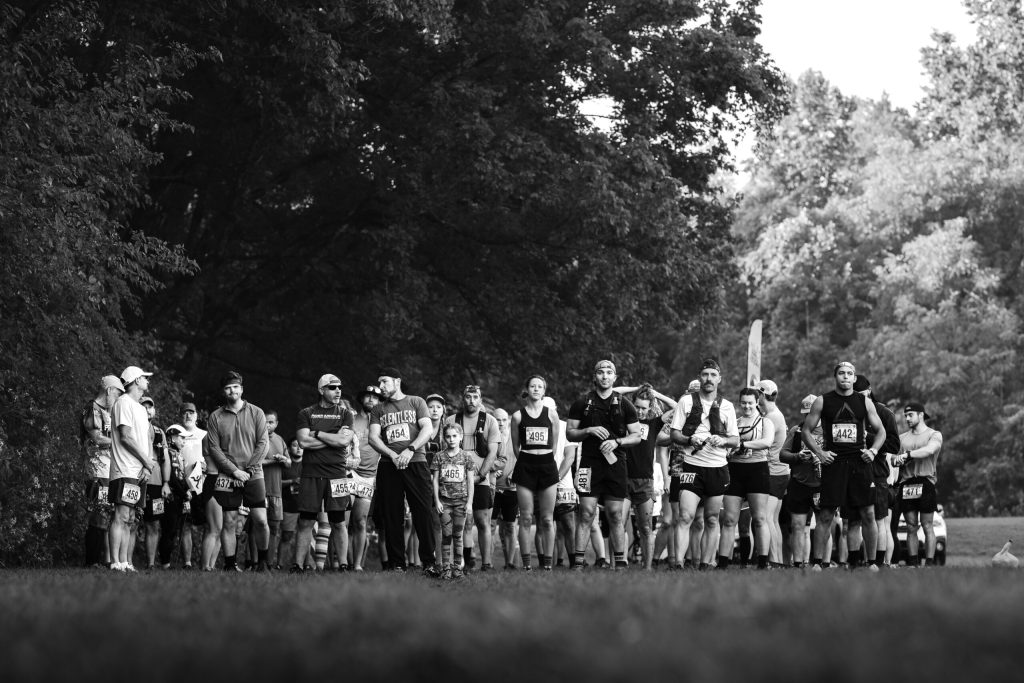The 4 Pillars of Ultra Running
Overload and recovery

Progression

Individuality

Specificity









Daniels’ Running Formula: A classic for any type of runner ranging from running for fitness or trying to level up on the marathon. Loads of science-backed recommendations

As we begin to transition from winter to spring to summer the temps are starting to warm. Running in warmer weather places additional demands on the body to thermoregulate. Essentially making it work harder to maintain homeostasis. This extra work hurts running performance. Here are 4 ways your body can adapt from training in the…

Key Takeaways Aspect Detail Caloric Intake 200-300 calories/hour, mainly from carbs Factors Gender, body size, experience, race conditions Carbohydrate Intake 30-60 grams of carbs/hour Gender Differences Men might consume more, women generally 200 calories/hour Body’s Absorption 240-280 calories/hour, despite burning 400-600 calories/hour Ultra running, a sport that tests the limits of endurance and mental fortitude,…

Discover how endurance training transforms your body to go further, faster, and stronger. Learn the science behind adaptations like improved VO2 max, increased glycogen storage, and strengthened muscles. With practical tips on building consistency, tracking progress, and avoiding common pitfalls, this guide will help you train smarter and achieve your ultramarathon goals.

Running FAST is an essential component of an ultra training plan. By running fast you can increase your performance threshold. Here are my 5 tips to get you started with incorporating speed work into your ultra training.

So, you’re ready to tackle the behemoth that is ultrarunning. That’s commendable! But before you dive in, there are a few hurdles I’ve seen trip up even seasoned marathoners. I’ve run that rocky road, and now I want to share some wisdom so your journey is smoother.